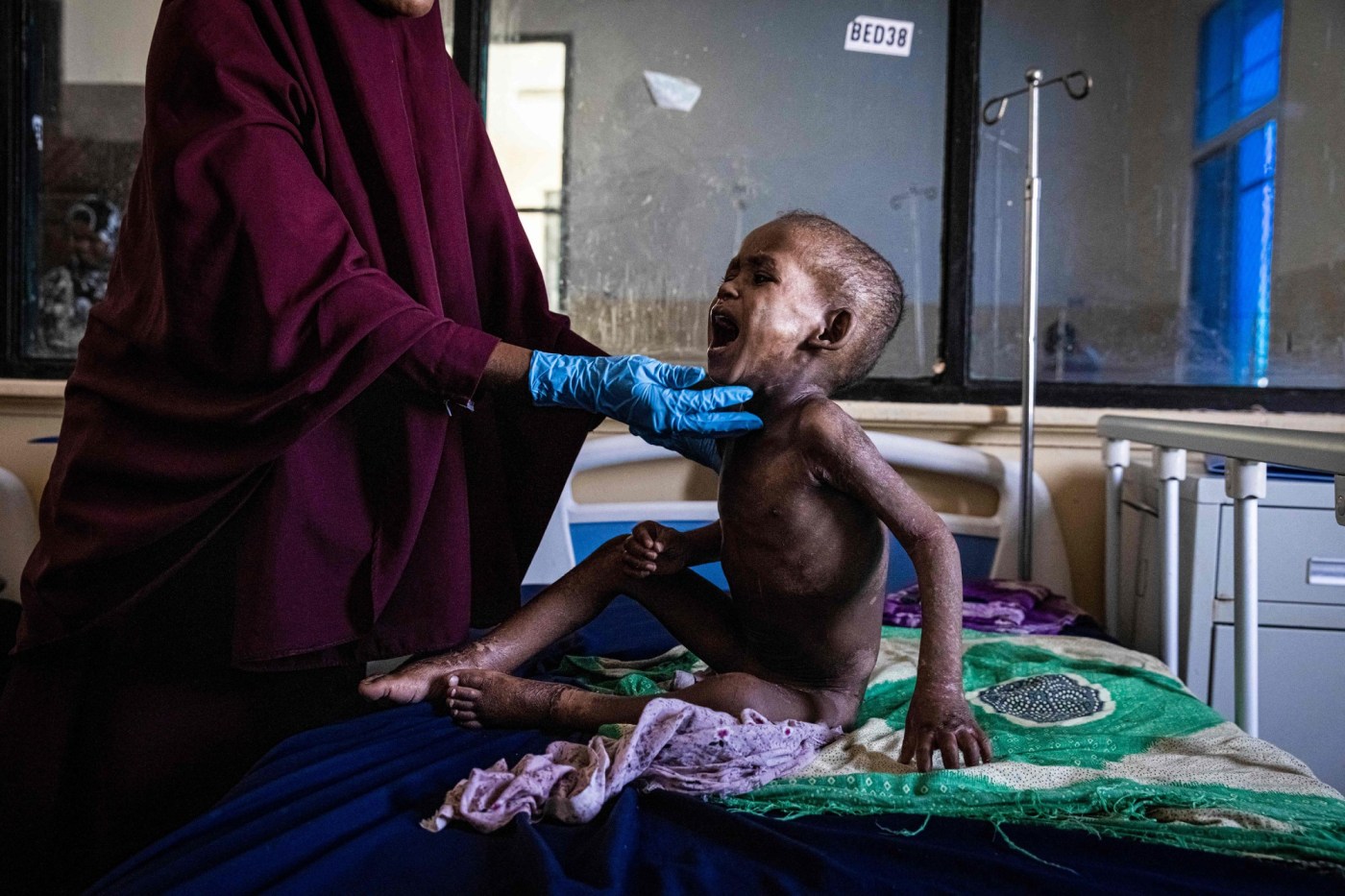
Billions of people are missing these 7 key nutrients, study says
Hunter Boyce | (TNS) The Atlanta Journal-Constitution
More than half the world’s population is not getting enough of seven crucial nutrients. It’s an issue the World Health Organization said is a major threat, especially for children and pregnant women in low-income countries.
Published in the journal the Lancet Global Health, researchers from Harvard T.H. Chan School of Public Health, UC Santa Barbara and the Global Alliance for Improved Nutrition recently completed the first study to offer estimates of global consumption for 15 micronutrients necessary for good health.
According to the findings, around 5 billion people do not consume enough iodine, vitamin E or calcium. More than 4 billion don’t get enough iron, riboflavin, folate or vitamin C.
“Our study is a big step forward,” co-lead author Chris Free, research professor at UCSB, said in a news release. “Not only because it is the first to estimate inadequate micronutrient intakes for 34 age-sex groups in nearly every country, but also because it makes these methods and results easily accessible to researchers and practitioners.”
That data is available at emlab-ucsb.shinyapps.io/global_intake_inaqequacies/.
“These results are alarming,” Ty Beal, senior technical specialist at GAIN, added in the release. “Most people — even more than previously thought, across all regions and countries of all incomes — are not consuming enough of multiple essential micronutrients. These gaps compromise health outcomes and limit human potential on a global scale.”
According to GAIN, around 1 in 3 people worldwide suffer from malnutrition, and 1 in 5 deaths can be linked to poor diets. Nearly half (45%) of all deaths among children under 5 are linked to undernutrition.
WHO reported that women, infants, children and adolescents are the most at risk of malnutrition.
“Despite some notable country successes in reducing malnutrition (for example in Bangladesh, Ghana, Senegal and Vietnam), the world is off track in meeting the Sustainable Development Goal 2 of ending malnutrition in all its forms by 2030,” the alliance reported.
There are, however, a bevy of micronutrient-rich foods people in the United States can turn to, if they need to enrich their diets.
Dark leafy greens, beans, fish, beef, nuts, chicken and grains are great sources of micronutrients, for instance, that support good health.
_____
©2024 The Atlanta Journal-Constitution. Visit at ajc.com. Distributed by Tribune Content Agency, LLC.


